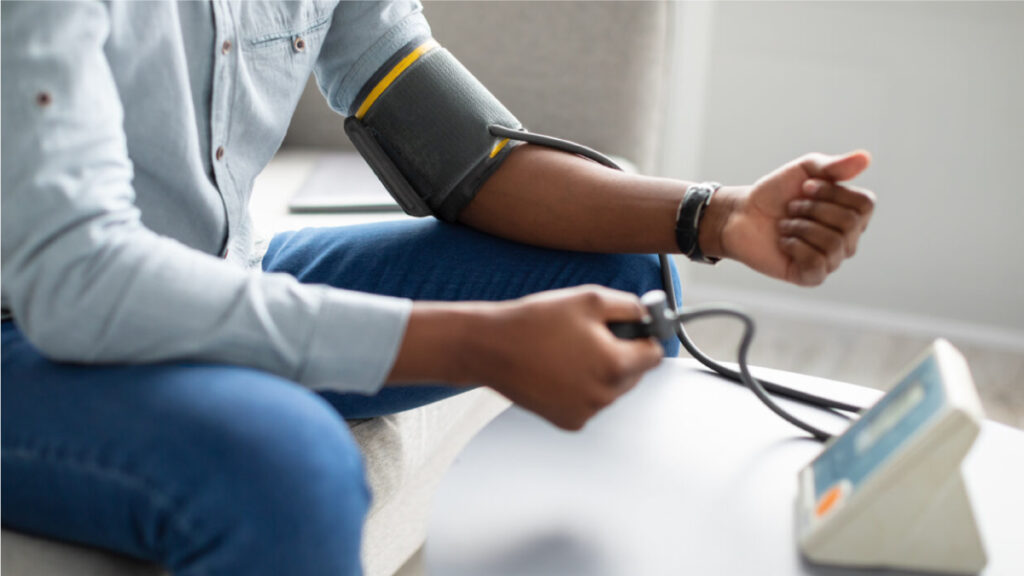For someone who typically has no history of hypertension, it can be bothersome to experience hypertension after surgery. Changes in blood pressure readings after surgery can either result in hypertension (high blood pressure) or hypotension (low blood pressure).
These changes may result from a directive given before the surgery or at the point of the surgery. It usually has little or nothing to do with the surgery procedure. Hypertension is the most frequent risk after surgery. It is a complication that often occurs in patients with a history of high blood pressure or cardiovascular disease.
If high blood pressure is uncontrolled before surgical operations, there’s a high chance of developing hypertension after surgery. Unsurprisingly, all surgeries are prone to certain risks, even when everything is appropriately done well. You can experience high blood pressure after surgery for some reasons.
The occurrence of further complications depends on the type of surgery and anaesthetic. Hypertension could stem from not being diagnosed before surgery or not following the doctor’s instructions properly.
Some things that could cause hypertension after surgery are;
1. The use of drugs
Maybe you’re the type whose body is used to some medications that lower hypertension. Stopping those medications could raise your blood pressure immediately.
Hence, notify your surgeon about this before having surgery. Explain to the surgeon, in detail, the classes of the drugs you take.
2. Level of pain
Pain can elevate blood pressure. Experiencing pain after surgery is very common. It will help if you’re sure that the issue doesn’t last long and that your blood pressure should be back to normal after treating your pain.
3. Anaesthetics
Blood pressure can be impacted by anaesthesia. Recuperating from anaesthesia has the possibility of causing hypertension after surgery. Factors like the number of intravenous fluids and body temperature are needed during anaesthesia and surgery, which could increase blood pressure.
In addition, some people’s respiratory systems can be pretty sensitive to breathing tubes, stimulating the heart rate to beat faster and causing a rise in blood pressure.
4. Level of oxygen
Under anaesthesia, there’s a possibility that the body might not get the adequate oxygen it requires. Hypoxemia (the blood oxygen decrease) may occur, resulting in hypertension.

